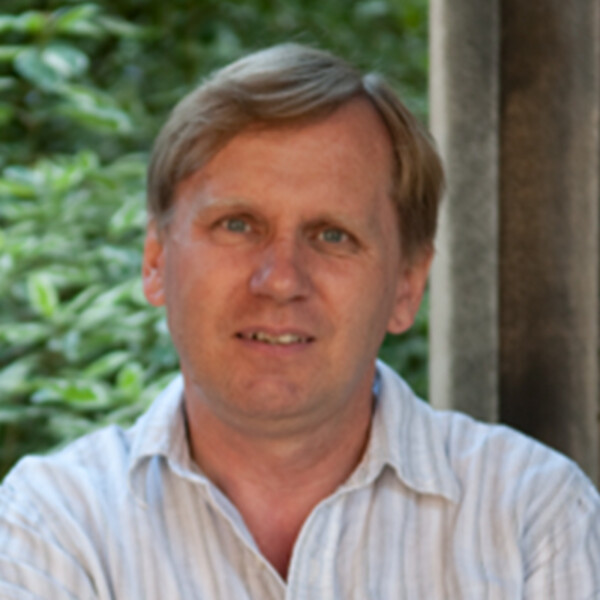Main Second Level Navigation
David Irwin
PhD

Dr. David M. Irwin is a Professor in the Departments of Laboratory Medicine and Pathobiology and Ecology and Evolutionary Biology at the University of Toronto, Canada. He is also a member of the Banting and Best Diabetes Centre at the University of Toronto.
Dr. Irwin obtained his Ph.D. in Genetics from the University of British Columbia, Vancouver, Canada, in 1986, and then completed a post-doctoral fellowship in the Department of Molecular and Cellular Biology, University of California, Berkley. He joined the University of Toronto in 1991 as Assistant Professor in the Department of Clinical Biochemistry. He was promoted to full Professor in 2006.
Research Synopsis
Origin and Evolution of New Vertebrate Genes
Origin and evolution of new gene function. We have studies a number of genes that have acquired novel functions in vertebrates. An example is the proglucagon gene. To understand the evolution of proglucagon genes we have both cloned and characterized proglucagon genes from diverse vertebrate species as well as mined these sequences from diverge molecular sequence databases. We then analyze these sequences suing a variety of molecular evolutionary tools to better understand changes in their sequences and their potential function. Similar studies have been conducted on genes associated with proglucagon function (e.g., receptors).
Collaborative Research in China
We are involved in a number of collaborations (Peking University, East China Normal University, and the Kunming Institute of Zoology, Chinese Academy of Sciences) on genes involved with cancer, diabetes and evolution of new physiological functions.
Selected Publications
Diversification of the functions of proglucagon and glucagon receptor genes in fish. Irwin DM, Mojsov S. Gen Comp Endocrinol. 2018 Mar 3. pii: S0016-6480(17)30768-2. doi: 10.1016/j.ygcen.2018.03.003. [Epub ahead of print] Link to PubMed: https://www.ncbi.nlm.nih.gov/pubmed/29510149
Evolution of the vertebrate insulin receptor substrate (Irs) gene family. Al-Salam A, Irwin DM. BMC Evol Biol. 2017 Jun 23;17(1):148. doi: 10.1186/s12862-017-0994-z. Link to PubMed: https://www.ncbi.nlm.nih.gov/pubmed/28645244
Multiple specialised goose-type lysozymes potentially compensate for an exceptional lack of chicken-type lysozymes in Atlantic cod. Seppola M, Bakkemo KR, Mikkelsen H, Myrnes B, Helland R, Irwin DM, Nilsen IW. Sci Rep. 2016 Jun 21;6:28318. doi: 10.1038/srep28318. Link to PubMed: https://www.ncbi.nlm.nih.gov/pubmed/27324690
Bats: Body mass index, forearm mass index, blood glucose levels and SLC2A2 genes for diabetes. Meng F, Zhu L, Huang W, Irwin DM, Zhang S. Sci Rep. 2016 Jul 21;6:29960. doi: 10.1038/srep29960. Link to PubMed: https://www.ncbi.nlm.nih.gov/pubmed/27439361
Genomic analysis of snub-nosed monkeys (Rhinopithecus) identifies genes and processes related to high-altitude adaptation. Yu L, Wang GD, Ruan J, Chen YB, Yang CP, Cao X, Wu H, Liu YH, Du ZL, Wang XP, Yang J, Cheng SC, Zhong L, Wang L, Wang X, Hu JY, Fang L, Bai B, Wang KL, Yuan N, Wu SF, Li BG, Zhang JG, Yang YQ, Zhang CL, Long YC, Li HS, Yang JY, Irwin DM, Ryder OA, Li Y, Wu CI, Zhang YP. Nat Genet. 2016 Aug;48(8):947-52. doi: 10.1038/ng.3615. Epub 2016 Jul 11. Link to PubMed: https://www.ncbi.nlm.nih.gov/pubmed/27399969
